Arts and Media Correspondent Sinéad Crowley sizes up the contenders ahead of tomorrow morning's Man Booker shortlist.
This year’s Man Booker longlist features five American writers, three debut novelists and a two-time Booker winner. No Irish on this list this time, so who are the writers we should be looking out for when the short list comes out Tuesday morning?
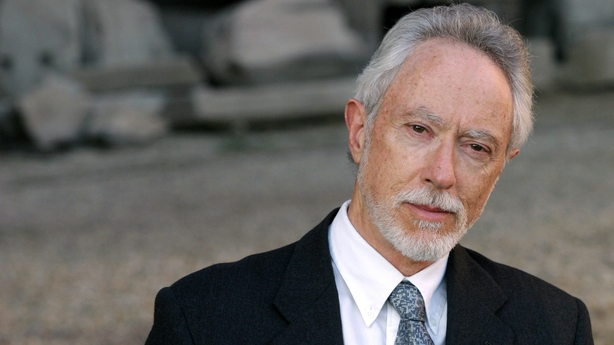
It would seem foolish to bet against two time winner JM Coetzee (pictured), this time for The Schooldays of Jesus. It’s a sequel to The Childhood of Jesus and I would advise readers to check out the first installment before tackling the second. The books feature a young boy, David who arrives in a mysterious land and is looked after by Simon and Inez. The books have sparked debate over who David is and how much of the story should be read as allegory, but it’s also possible to enjoy them as stories in their own right and the new novel contains many fascinating insights into childhood, parenthood and education.
Another well known name on the list is AK Kennedy with Serious Sweet, which takes place over a single day and tells the story of two Londoners who are edging towards a meeting in the capital. Although her affection for the city is clear, I found this one too long and the ‘one day’ concept is difficult to sustain.
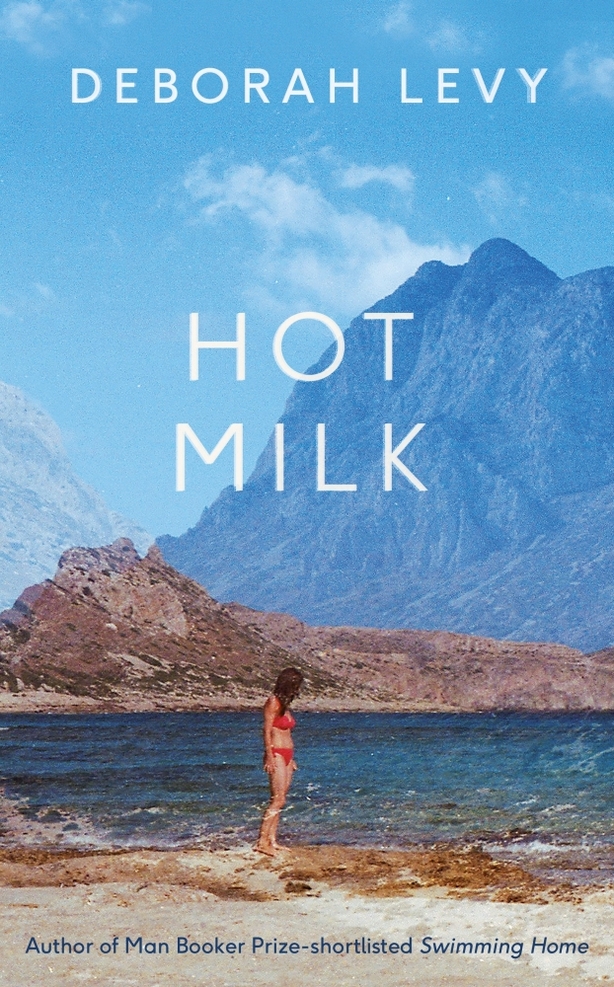
A book I’d love to see on the shortlist is Hot Milk by Deborah Levy. It’s the story of a mother and daughter who travel to Spain to seek a cure for the mother’s illness, which may or may not be real. The sense of place in this book is stunning, the hazy Mediterranean heat almost rises off the page. It’s also a very moving and, in parts very funny novel, particularly when the daughter, Sophia travels to Greece to visit her father and his new young partner. I’d love to see this on the short list or, indeed, winning the prize.
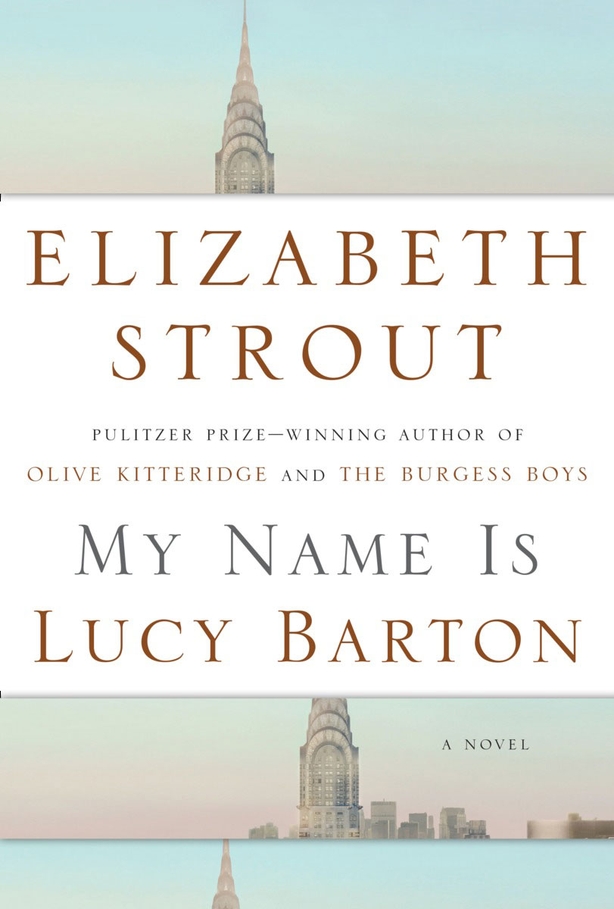
Another mother and daughter novel is My Name is Lucy Barton by Elizabeth Strout. Touching and beautifully told, it features a woman in hospital who is visited by her mother and, over the course of the visits their life histories unfold. Of all the books on the longlist it’s the one I’ve seen most discussion of on social media and many readers really love it, so it would be a very popular choice.
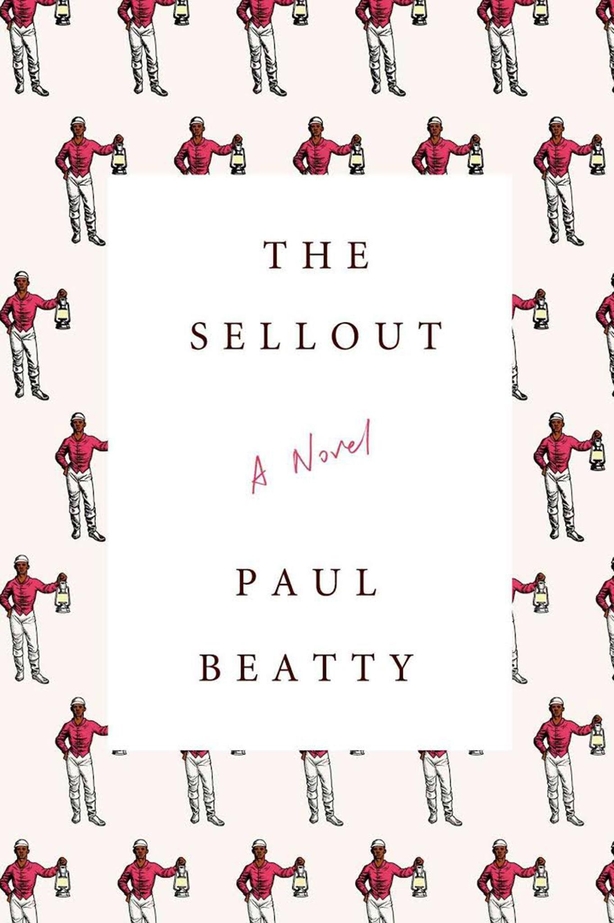
Meanwhile Paul Beatty’s The Sellout is a caustic, vibrant gem, a novel with a real sense of humour that also has a serious point to make. It’s the story of a black man growing up in an agrarian ghetto in California who takes a case to the US Supreme Court but not for the reason you would think, and the book takes many pot shots at American society along the way. Another of the long listed books I really enjoyed was Eileen by Otessa Moshfegh. Growing up in X-ville USA in the 1960s, Eileen is a girl that even Stephen King’s Carrie would have looked down on for being a weirdo. She’s a self obsessed and in many ways a grotesque character but high entertaining, and then into this off-beat, awkward life comes a glamorous stranger. The end of the novel reads almost like a crime novel and although I’m not mad about the phrase ‘literary thriller’, this one fits the bill.
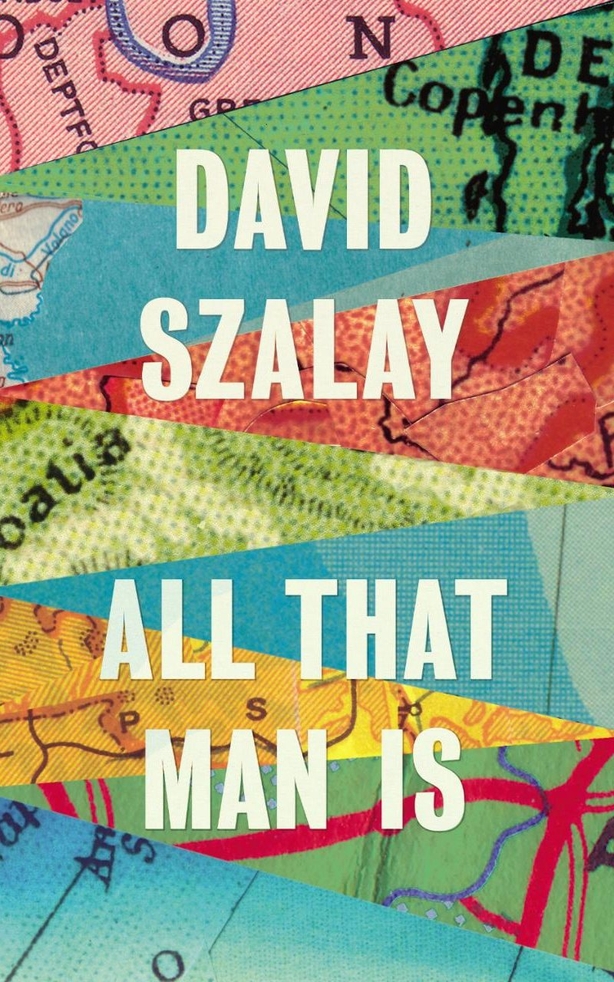
Of the others, David Szalay’s All That Man Is is a very engaging read although I’d strongly argue it should have been classified as a series of short stories rather than a novel. The stories explore exactly what the title says, All That Man Is, which leads to a lack of variety, although they are very well written.
The North Water by Ian McGuire is a brutal, violent, pacy book about a hunting voyage to the Arctic Circle in the 1850s. The violence in the book is graphic and unrelenting but it has the pace of a thriller and will be enjoyed by historical fiction fans. A book I really enjoyed but I’m not sure will make the short list is The Many by Wyl Menmuir, from independent publisher Salt Press. It’s set in an isolated fishing village where the fishermen still go out to sea, but their catch is contaminated and mysterious figures monitor their work, Then one day an outsider moves into a cottage once owned by one of their own. Rather like the recent excellent Irish novel Nothing on Earth, by Conor O’Callaghan, the reader doesn’t get full resolution at the end but for me the journey was worth it.
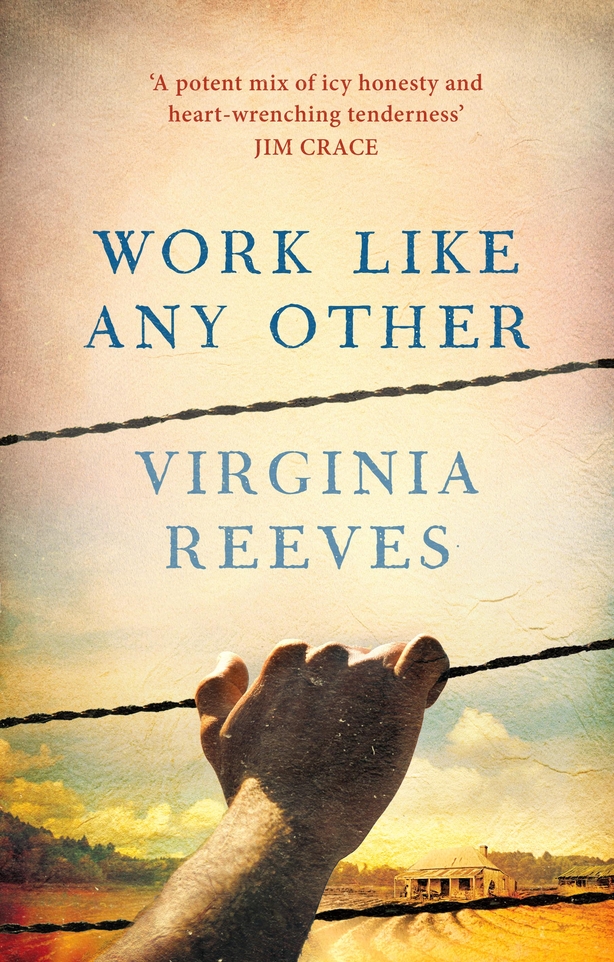
Another work of historical fiction is Work Like Any Other by Virginia Reeves, the story of a farmer in 1920s Alabama who would rather be an electrician and sets up his own power supply with tragic and far reaching results. Hystopia by David Means is a deep dark slice of alternative history set in 1970s America where JFK hasn’t been shot and a government agency known as Psych Corp deals with traumatised Vietnam vets. Meawhile Greame Macrea Burnet has written His Bloody Project, a pacey, vivid historical crime thriller andDo Not Say We Have Nothing by Madeline Thien is a sweeping Chinese epic telling the stories of two interlinked familes from the 1940s to the present day.
So - with the proviso that I have a terrible track record in predictions - my best guess for the shortlist is Coetzee, Levy, Beatty, McGuire and possibly Thien and Salzay.
I’d like to see Deborah Levy win, and indeed she might!
The Man Booker shortlist will be announced Tuesday morning and the winner of the fifty thousand pound sterling prize will be announced in October.

